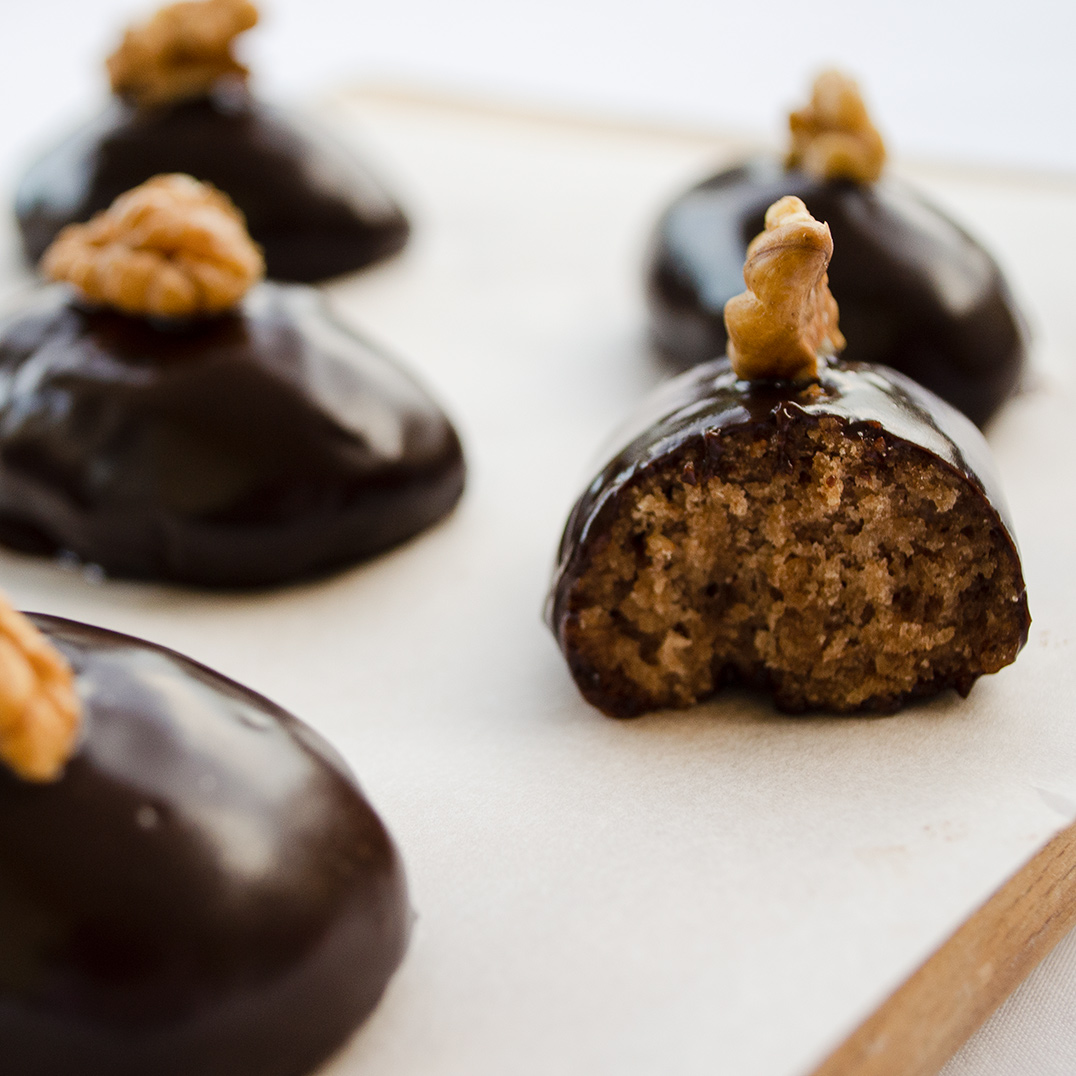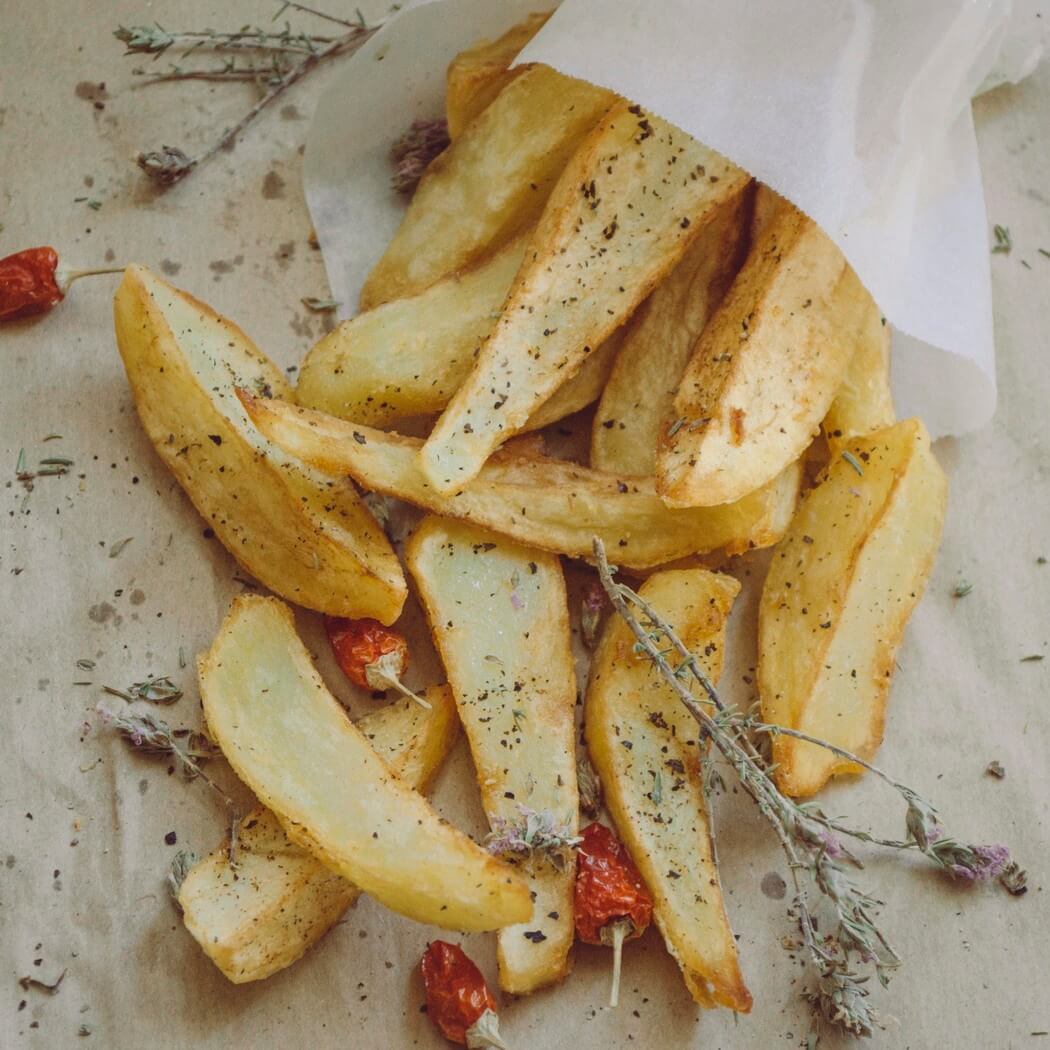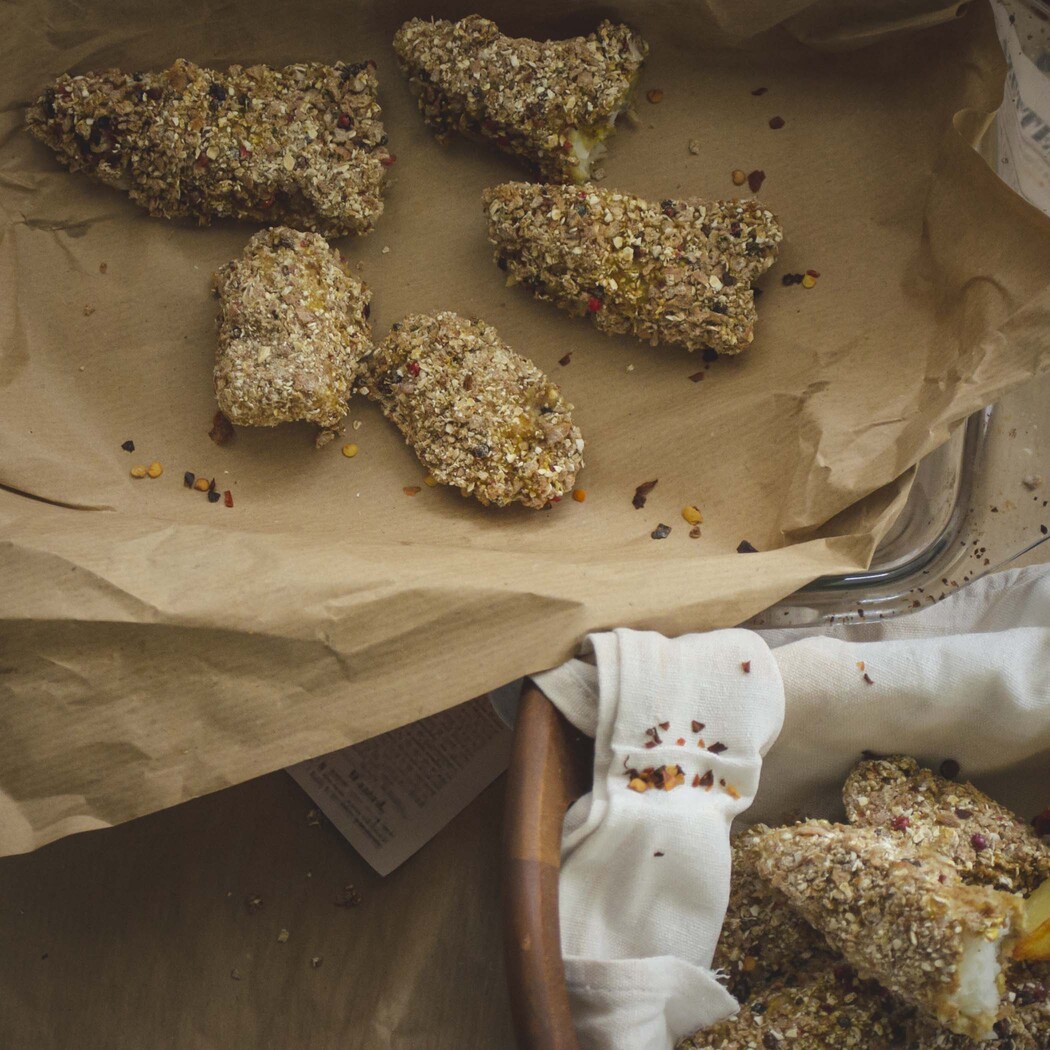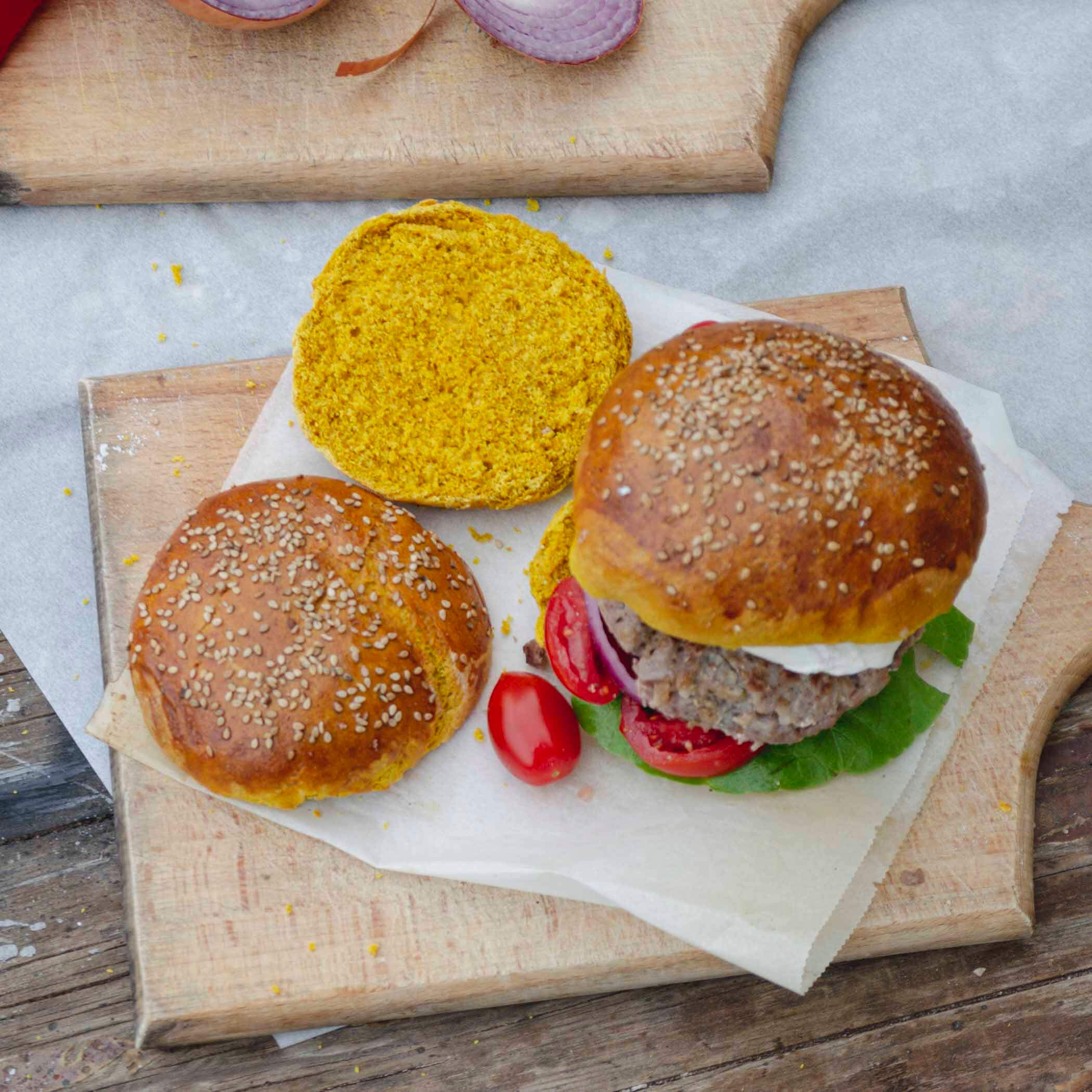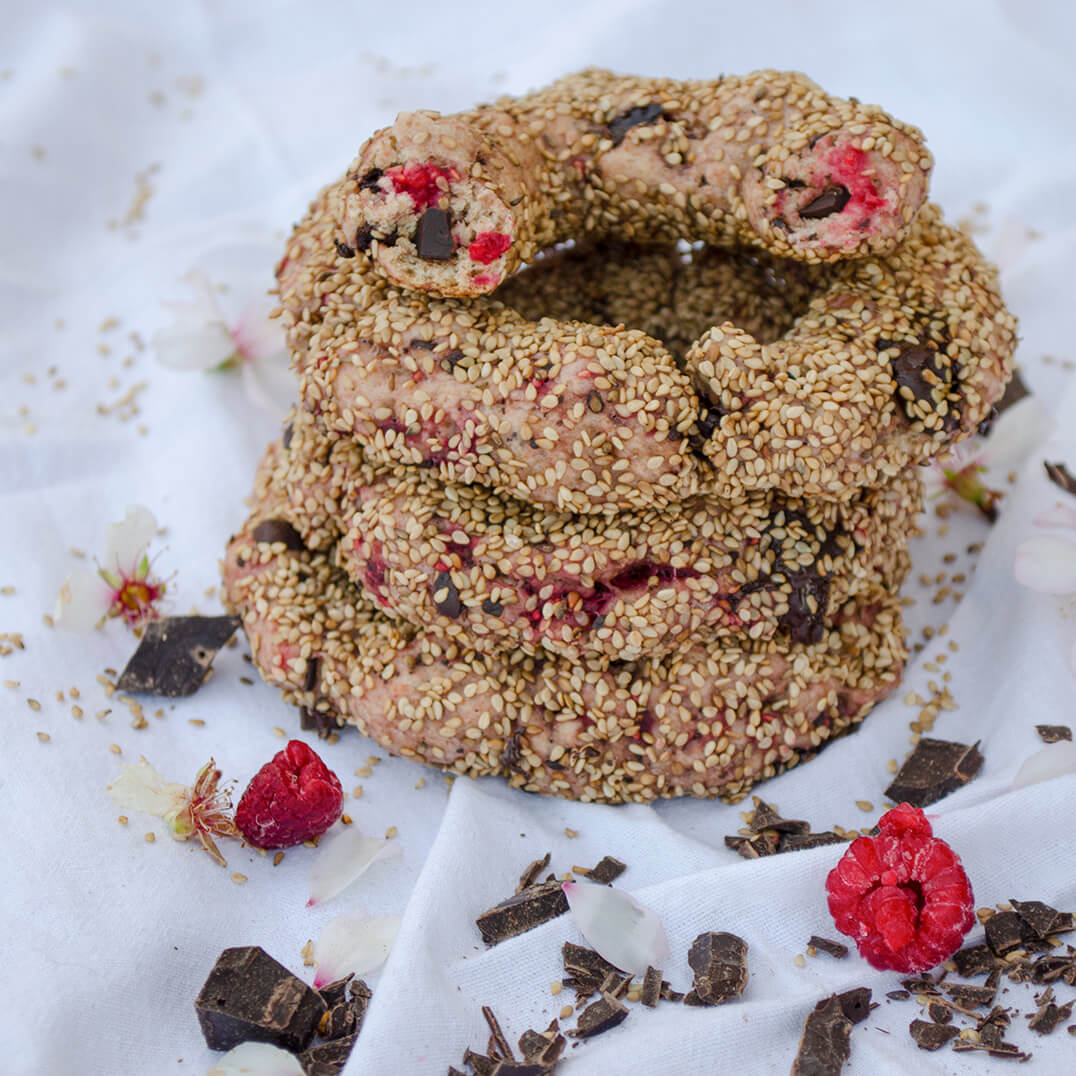In regards to weight loss, I will begin with the most common claim:
Claim No1. "Frequent meals keep my metabolism up."
Metabolism is nothing magical. It is all about the chemical processes that take place in the human body, with the main scope to survive. What should matter the most is the amount of calories these chemical processes spend.
Why? Because this is the way you can regulate your weight.
In terms of meal frequency and metabolism, there are several studies that – by keeping similar the daily caloric intake and modifying ONLY the number of meals - did NOT find any significant change in metabolic rate -and in this case I am referring to the 24th energy expenditure: that is, how many calories are burned per day (1, 2).
In a more extreme scenario, comparing 3 to 14 meals, it seems that the metabolic rate increases slightly when we do 3 meals (3).
Claim No2. "Frequent meals help us burn more fat."
Generally, let me inform you that our body "burns" the fuel that we provide them most. For example, after a meal high in fat, the body utilizes more fat, and after a meal high in carbohydrates we are utilizing more carbohydrates. But this is not the case, and macroscopically it has little to do with body composition.
Here is what you need to know: if we compare 6 with the 3 meals, it has been shown that increased meal frequency do not oxidize more fat (4).
Claim No3. "Frequent meals help us not to be so hungry."
Basically, the truth is quite the opposite (4). It has been shown that 6 meals can make you hungrier and increase the desire for food consumption. If you think about, it makes sense, right? If you have to think that every three hours you must eat, and all your thoughts revolve around food, how is it possible not to be hungry?
Claim No4. "Frequent meals increase diet-induced thermogenesis."
Briefly, diet-induced thermogenesis defines the energy we need to expend in order to digest a meal. No, frequent meals do not increase diet-induced thermogenesis (5, 2, 1).
Claim No5. "Frequent meals make me lose more weight."
The majority of the available data shows that meal frequency does not affect weight loss in dieters (6). As we say repeatedly:
- If you eat more calories than you burn, you will gain weight.
- If you eat less you will lose weight.
“But what about the effect of meal frequency on increasing muscle mass?”
Claim No1. "Many meals help us gain muscle mass."
It depends. This claim is not so simple and we will not dig into this much detail in this article. It seems that the main dietary factor to gain muscle mass is to consume a sufficient amount of protein- without this degrading the role of protein timing or other nutrients timing. Beyond that, yes protein should be divided into -at least- 3 main and well-planned meals during the day (6). And this, in turn, will definitely build a better environment to grow our muscles, compared to one meal per day or even compared to consuming insufficient amount of protein.
Claim No2. "Many meals help us not to lose muscle mass."
When it comes to maintaining muscle mass during periods of dieting, increased meal frequency seems to be beneficial in maintaining muscle mass.
An interesting study comparing 3 to 14 meals per day, showed that in the 3 meals scenario, there was 17% more protein oxidation, compared to 14 (3). This means that subjects "burned" more protein, -protein is a building block of muscle-.





